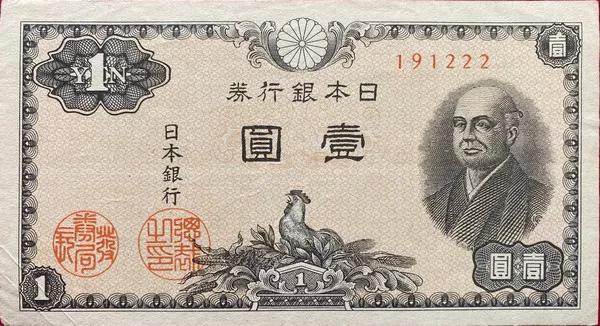The foreign exchange market is a complex ecosystem where various currencies compete against each other, reflecting the economic health and stability of their respective countries. One currency that has been under scrutiny for its recent weakness is the Japanese Yen (JPY). Investors and analysts alike are keen to understand the underlying reasons behind the depreciation of the JPY against major currencies. In this article, we will delve into the key factors contributing to the weakness of the Japanese Yen.
Economic Policy and Monetary Stimulus:
One of the primary factors influencing the weakness of the Japanese Yen is the country’s economic policy and monetary stimulus measures. The Bank of Japan (BOJ) has implemented an accommodative monetary policy aimed at combating deflation and stimulating economic growth. The central bank has kept interest rates at historically low levels, making borrowing cheaper and encouraging spending. However, this policy has also led to a depreciation of the JPY as investors seek higher returns in other currencies with more attractive interest rates.
Trade Imbalances:
Japan has long been known for its trade surpluses, but in recent years, the country has faced challenges in maintaining a positive balance. A trade surplus occurs when a country exports more goods and services than it imports, leading to a net inflow of foreign currency. Japan’s transition to a trade deficit in certain periods has put pressure on the Yen. A trade deficit means that Japan needs to purchase more foreign currencies to pay for its imports, contributing to the depreciation of the JPY.
Global Economic Conditions:
The Japanese economy is highly dependent on global economic conditions, given its export-oriented nature. Economic slowdowns in major trading partners, such as the United States and China, can adversely impact Japan’s exports and, consequently, the strength of the Yen. The ongoing global economic uncertainties, exacerbated by events such as trade tensions and geopolitical issues, have played a role in weakening the JPY as investors seek safer assets in times of uncertainty.
Inflation and Deflation Dynamics:
Japan has grappled with deflationary pressures for an extended period, prompting policymakers to take measures to stimulate inflation. The BOJ has set an inflation target of 2%, but achieving and maintaining this target has proven challenging. Persistent deflationary pressures can erode the value of the Yen and lead to decreased investor confidence. The delicate balance between combating deflation and avoiding excessive inflation has implications for the currency’s strength.
Demographic Challenges:
Japan faces unique demographic challenges, including an aging population and a declining birth rate. These demographic trends have implications for the country’s economic growth potential, labor force, and social welfare systems. The resulting economic uncertainties can contribute to a weakened Yen as investors factor in the long-term impact of these demographic shifts on Japan’s economic outlook.
Speculation and Market Sentiment:
Currency markets are also influenced by speculative activities and market sentiment. Traders and investors often react to news, economic data, and geopolitical events, leading to short-term fluctuations in currency values. Sentiment-driven selling or buying of the Japanese Yen can exacerbate its weakness. Additionally, carry trade strategies, where investors borrow in low-yielding currencies to invest in higher-yielding ones, can contribute to the depreciation of the JPY.
See Also Implications of a Weaker Yen for Investors in Japan: A Simple Guide
Conclusion:
The weakness of the Japanese Yen is a multifaceted phenomenon influenced by a combination of economic, monetary, and global factors. The Bank of Japan’s accommodative monetary policy, trade imbalances, global economic conditions, inflationary pressures, demographic challenges, and market sentiment all contribute to the depreciation of the JPY. As Japan continues to navigate these challenges, monitoring the interplay of these factors will be crucial for understanding and predicting the future trajectory of the Japanese Yen in the foreign exchange market.


